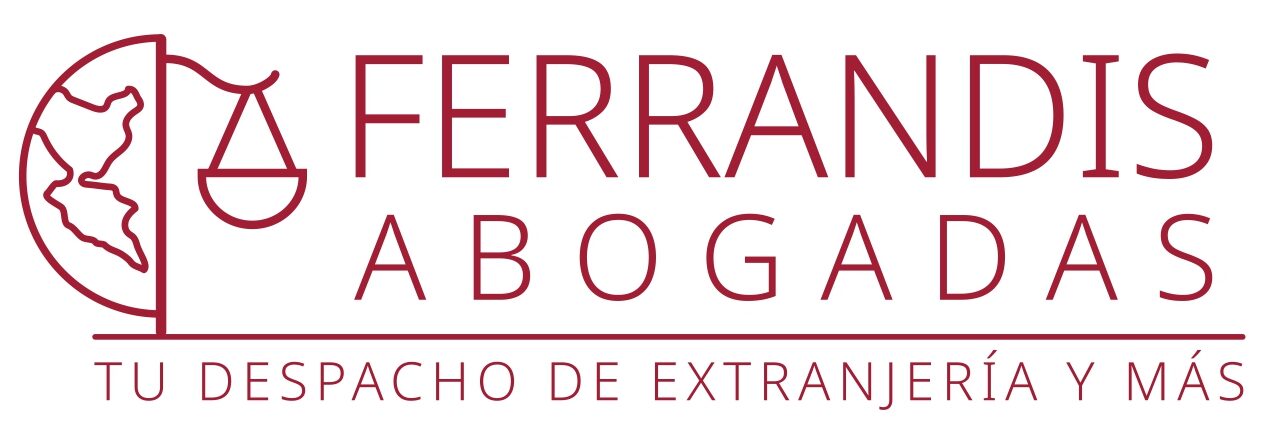
The Plenary Session of the Constitutional Court (TC) has issued a ruling stating that when the Administration rejects a request by an individual for administrative silence, there is no period to file an appeal before the contentious-administrative jurisdiction. An article of the regulatory law of this jurisdiction establishes this period in six months, which for the court of guarantees implies a violation of the right to effective judicial protection.
In a resolution released on Friday, the guarantees court rejects the constitutional questions raised by the Superior Court of Justice of Castilla-La Mancha (TSJCM) regarding art. 46.1 of Law 29/1998, of July 13, regulating the contentious-administrative jurisdiction (LJCA).
This precept establishes the deadlines for recourse in court through the decisions of the Administration that occur due to administrative silence. According to the body that raises the question of unconstitutionality, the article violates the fundamental right to effective judicial protection without suffering defenselessness (art. 24.1 CE) in its access to justice.
Article 46.1 of the LJCA sets a period of six months to appeal the decisions of the Administration that occur due to administrative silence, that is, those in which there is no express resolution). The precept adds that the six months will be counted “for the applicant and other possible interested parties, from the day following that in which, according to their specific regulations, the alleged act occurs.”
Pruning without authorization
The origin of the question of unconstitutionality, formulated by the Superior Court of Justice of Castilla-La Mancha, is the fine that the Ministry of Agriculture and Environment of said Autonomous Community imposed on an individual for having pruned holm oaks without the mandatory authorization.
The individual appealed the sanction administratively, but the appeal did not receive a response. Before the silence of the Administration, the individual filed a contentious-administrative appeal before the TSJCM. In its allegations, the Administration requested the Court to reject the appeal as late as it had been filed outside the six-month period established in Article 46.1 of the LJCA.
The Plenary ruling, which has the dissenting particular vote of the rapporteur, Adela Asua, understands that when, as in this case, administrative silence makes negative sense (that is, when dismissing the request of the individual) the appeal is not subject at any temporary term, so the precept questioned does not apply to those assumptions.
Consequently, any suspicion of its constitutionality also disappears, since the right to effective judicial protection is not affected.
The Plenary reaches this conclusion after analyzing the evolution of the legal regulation of administrative silence from the promulgation of the first regulatory law of the administrative-contentious process, in 1958, until the last reform of the law of the legal regime of public administrations and of the common administrative procedure, 1999.

